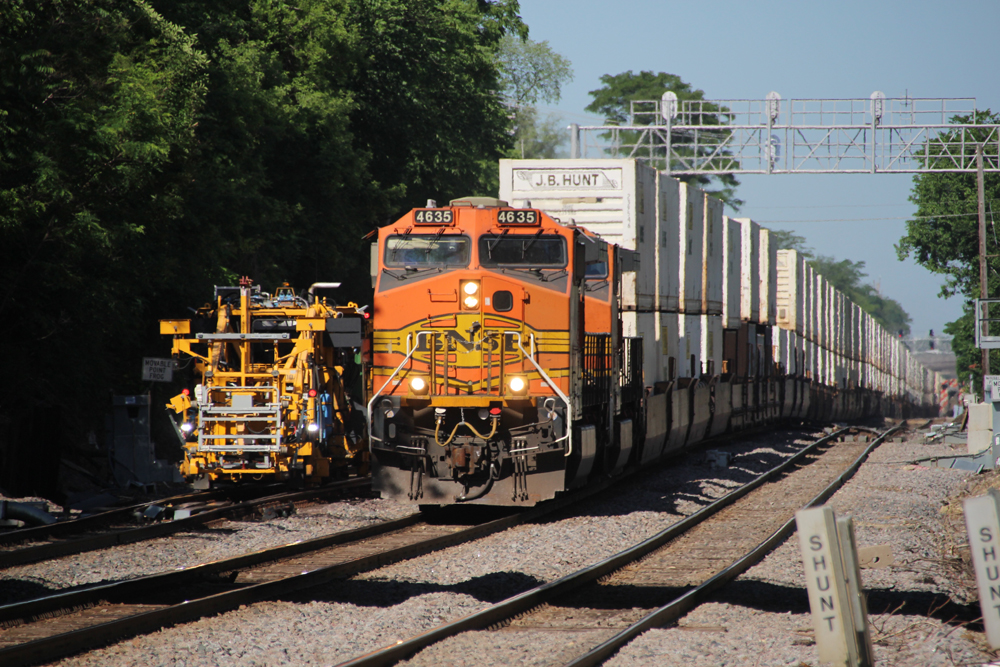
LINCOLN, Neb. — The Brotherhood of Maintenance of Way Employes Division has sued BNSF Railway in federal court, charging that — in reducing its maintenance-of-way workforce while contracting out more work — the railroad has violated its agreements with the union and is therefore in violation of the Railway Labor Act.
The BMWED filed the suit July 28 in U.S. District Court for the District of Nebraska. Its complaint, available here, says the railroad has reduced its maintenance workforce by 19% since 2016, from 7,122 to 5,760 as of February 2023, while the number of contracted-out maintenance projects has increased from 263 in 2016 to 595 in 2022, with 275 such projects in 2023 as of June.
The suit says the railroad “has not made serious efforts to hire and increase its maintenance of way work force,” and that the railroad has delayed or deferred planned maintenance and track repairs as a result, which “increases the likelihood of derailments.”
The union says these details show “BNSF has in bad faith attempted to evade its contractual obligations with BMWED,” and asks that the court find the railroad in violation of the Railway Labor Act and grant relief “the court deems just and proper.”
In a joint statement Tuesday on the BMWED website, the union’s four general chairmen on BNSF say the railroad “is attempting to shirk its responsibility under the Railway Labor Act in an effort to reduce its labor cost and enrich itself at the expense of our members. … They are ignoring past agreements on manpower, offering up flimsy excuses for their attrition, and laughing all the way to the bank. We have been patient and have waited for BNSF to rectify this situation on its own but that has not proved beneficial. So now we turn to the court to enforce action.”
BNSF, in a statement to Trains News Wire, said, “There is an existing arbitration process in place to handle these types of issues. However, allegations questioning our commitment to safety at BNSF are simply inaccurate. Over the past five years, BNSF has committed nearly $17.5 billion for capital investments, of which nearly $13 billion has been allocated to maintenance. BNSF’s investment in safety is reflected in our rate of railroad equipment incidents, which has been the lowest among the four Class 1 railroads for the last seven years.”
The BMWED suit follows a suit filed in February against BNSF by three unions over outsourcing of locomotive repairs [see “Unions sue BNSF …,” News Wire, March 7, 2023]. That suit, by the International Brotherhood of Electrical Workers, International Association of Machinists and Aerospace Workers District 19, and SMART-MD (International Association of Sheet Metal, Air, Rail and Transportation Workers-Mechanical and Engineering Department), similarly claimed BNSF had created the need for outsourcing through a “bad-faith course of action.”
— Updated at 8:20 p.m. CDT with statement from BNSF






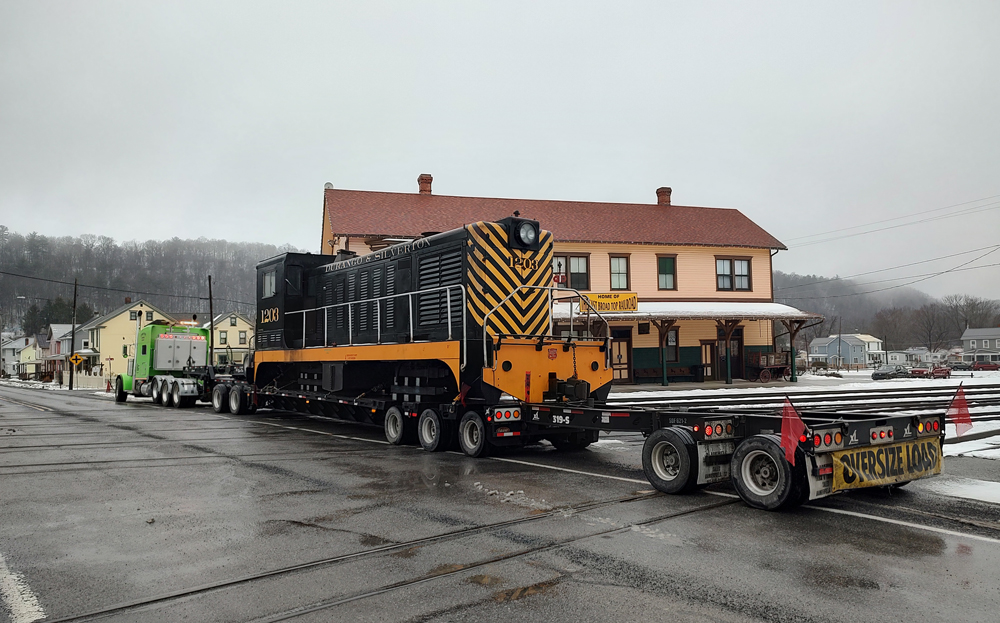
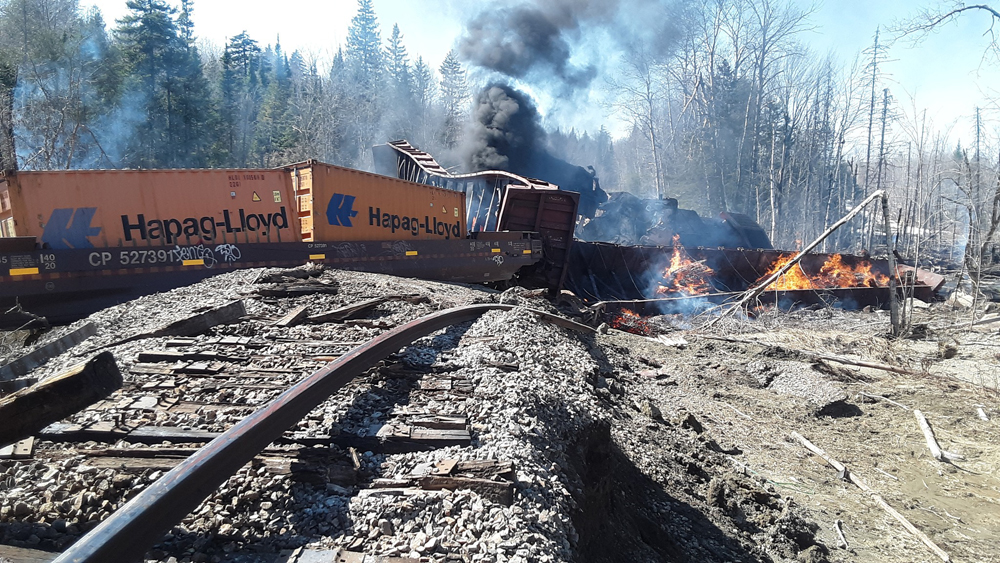
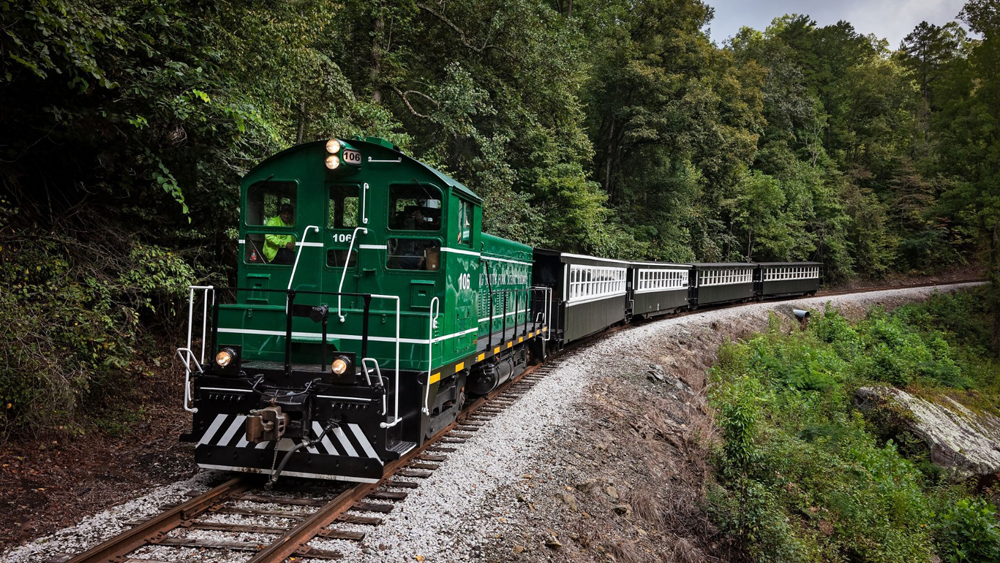
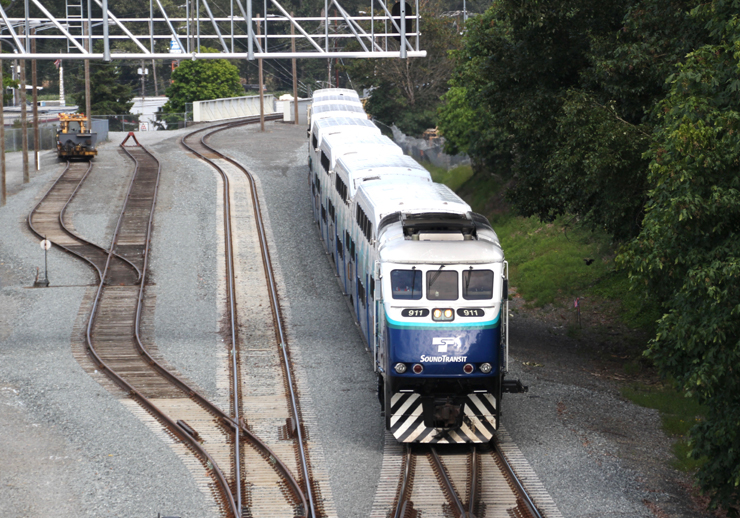




Just a thought or question for those who work for the railroads or the unions; would it be better if all the railroads spun off their actual rail lines (the tracks) to a company that did nothing but build and maintain the tracks and lease their use back to the railroad companies?That way it would be exclusively in a second party’s interest to maintain the tracks. The track maintenance company would have to satisfy the governments, railroads, and unions to maintain their contracts and make a profit. Every company is going to do everything it can to cut corners to make a profit but someone else owning and maintaining the tracks would have fewer corners to cut and the railroads operators would have one less thing to manipulate in an effort to cut costs.
Now I know why Amtrak rides so rough on BNSF tracks.
I read and understand the article Gerald, as I was in the BMWE for 32 years and watched as contractors came and Union members went. The article has to do with contracting out too much work at the expense of Union members. BNSF counters with claims that they spent 13 billion for maintenance over a 5 year period, but fails to address how much of that money went to contractors instead of their own workforce. Which is what the lawsuit is about.
As posted, this story is just he said/she said. Readers would get a better context if the story author had posted the actual contract language at issue.
The lawsuit itself should either contain the contract or the contract language that the union is contesting BNSF is being shady with…so in essence that information SHOULD already be available, you don’t need the entire contract, only the relevant portion the lawsuit covers.
Spent 13 billion on maintenance over 5 years, eh? And how much of that 13 billion went to contractors instead of your own workforce? Kinda left that part out, did ya?
That is besides the point Steven, the union is saying BNSF is deferring maintenance and not spending as much money as they should be. It doesn’t matter who gets the money with the statements coming from the union, all that matters is how much is being spent. I suggest you reread the article again, maybe a little slower and get the context. What you’re saying is ancilliary to the unions claims.